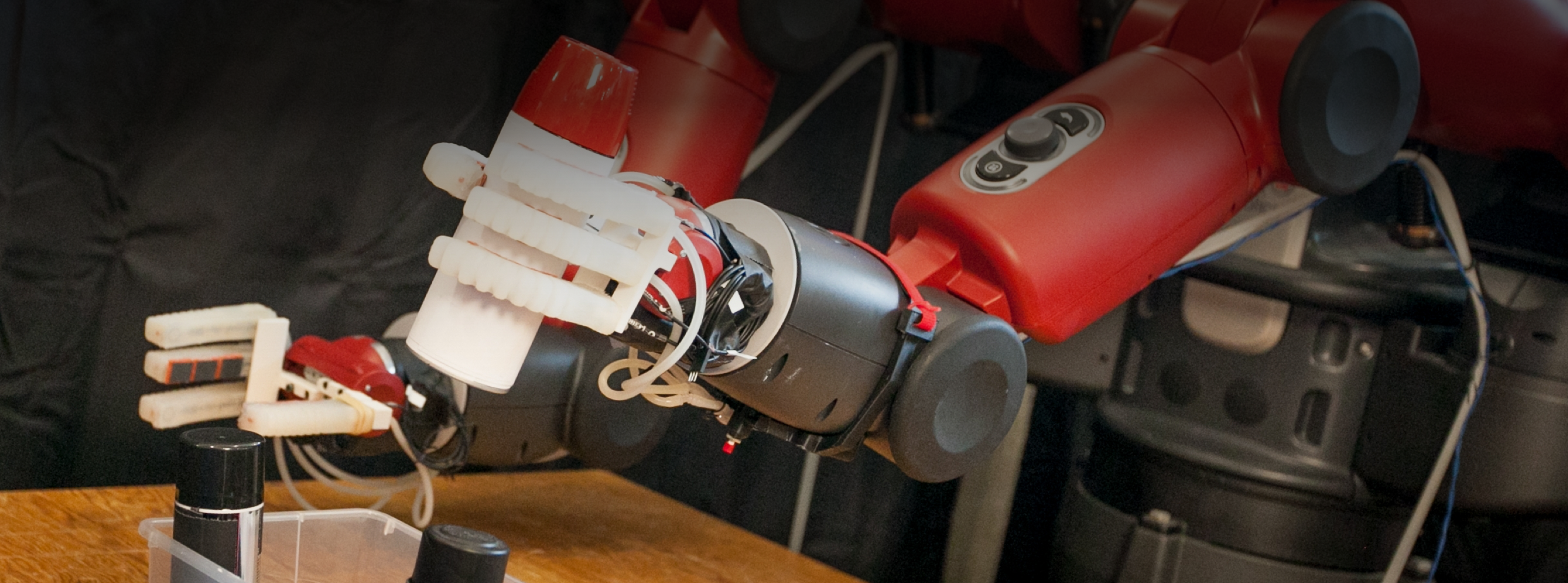WRITTEN BY: Matt Busekroos | VIDEO BY: Nate Caldwell
Originally from New York City, Karima Ma received her undergraduate degree at Dartmouth College where she majored in economics and minored in both Chinese language and computer science. After Dartmouth, she earned a Master’s in computer science at Carnegie Mellon University. Following her stint at Carnegie Mellon, Ma started her PhD at UC Berkeley before transferring to MIT when her advisor Jonathan Ragan-Kelley moved to the lab in 2020. Today Ma works with Professor Ragan-Kelley in the visual computing group at CSAIL. Ma said her lab is interdisciplinary. The group works on domain specific languages and compiler design for applications in computer graphics and image processing. Ma’s research leans more toward using machine learning and AI for program synthesis. Ma said she’s learned a lot from her lab mates and industry collaborators on hard core compiler optimizations, compiler design, and programing languages theory.
Ma’s latest project consists of automatically synthesizing fast and high-quality programs for demosaicing raw camera sensor images. “Demosaicking is a process that all digital cameras perform on the sensor data they collect to produce a full color image,” Ma said. “I'm currently working on searching for fast approximations to commonly used image filters like Gaussian blur and Bokeh filters. These filters are transformations that you might see in smartphone camera apps or Photoshop. I'm really enjoying this current project because it demands a good mix of signal processing math, machine learning, and high-performance programming.”
Ma said her research has focused on improving programs commonly used in image processing by making them more computationally efficient and able to produce better output. “I hope that my work will have positive impact on the quality and energy costs of the large amount of image content we consume as well as on the creative process for image content creators,” she said. Ma said she is motivated by the intellectual challenge of the work she does as well as the idea that her research will produce creative tools for people to use. “I also think it's invaluable to enjoy working with your collaborators,” Ma said. “I've been very lucky to have great mentors to learn from and work with.”

